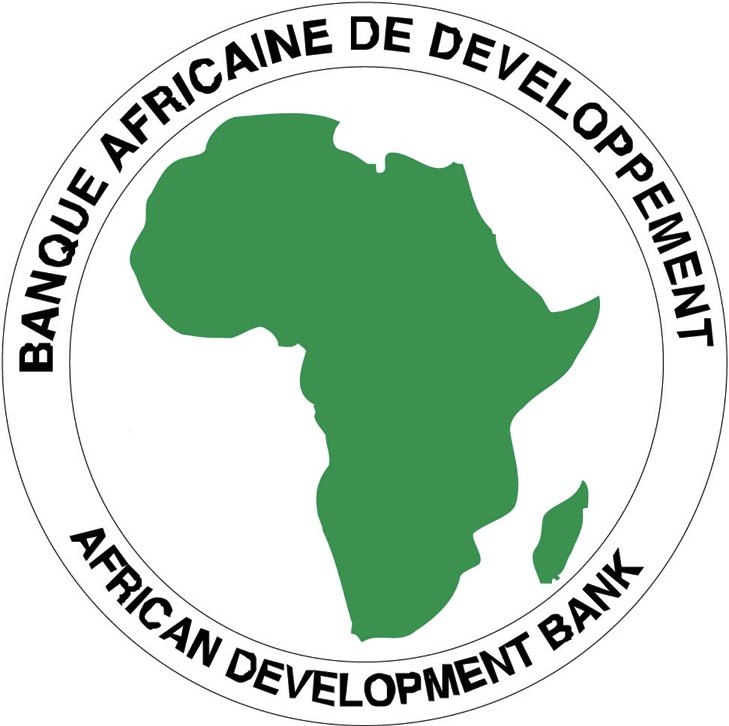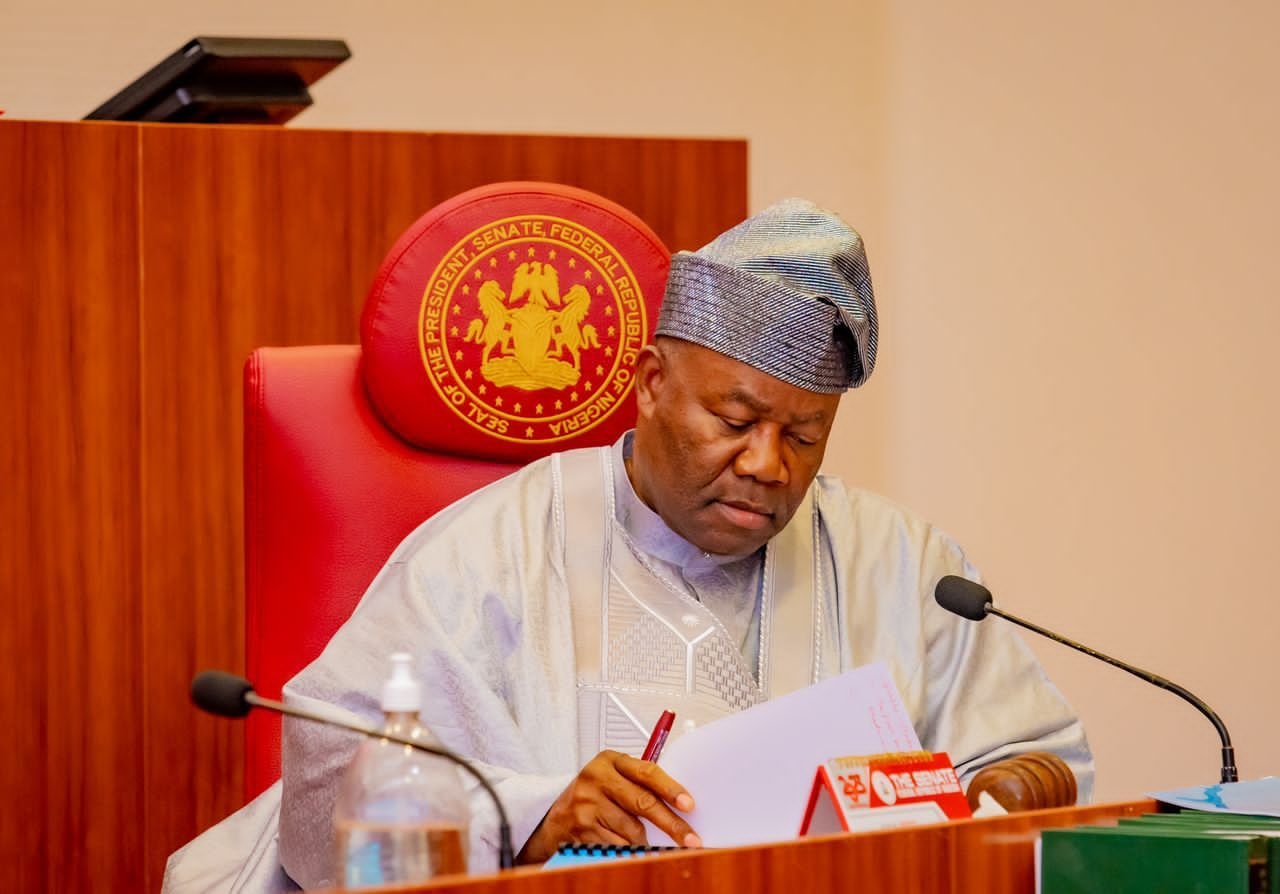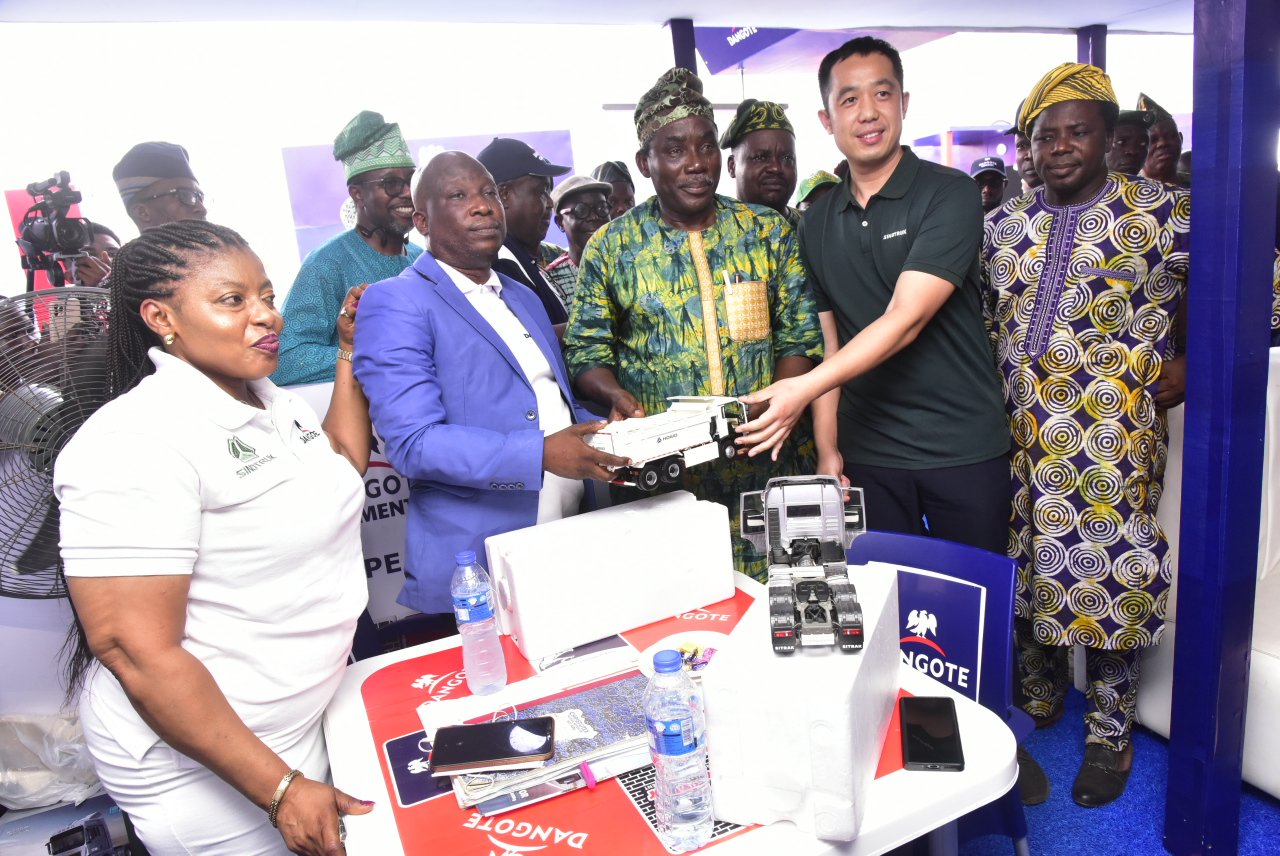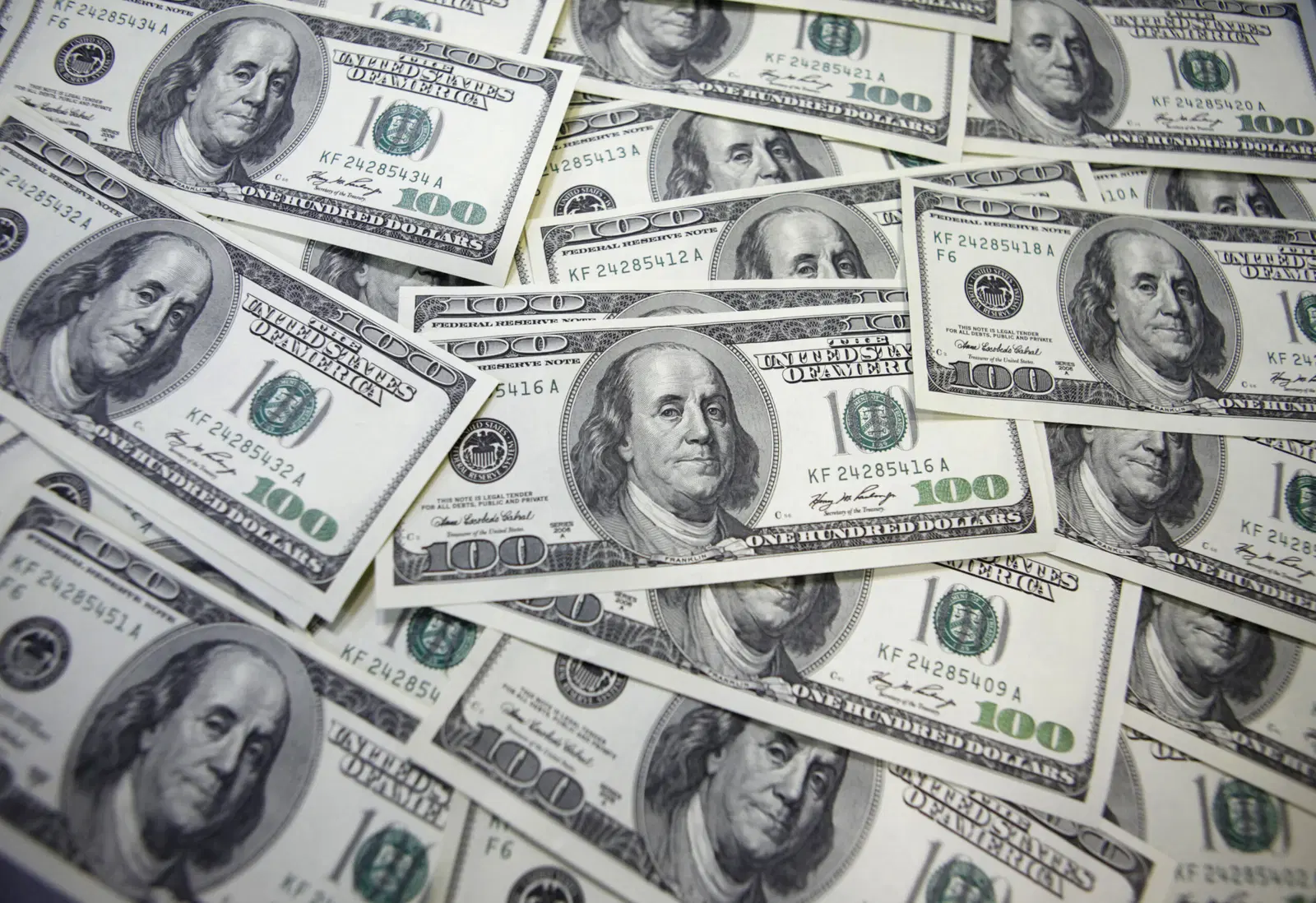For example, around 30% of global mineral reserves are in Africa, including 60% of world cobalt reserves and 90% of platinum-group metals. The continent contributes substantially to the world’s annual production of six key minerals: 80% of platinum, 77% of cobalt, 51% of manganese, 46% of diamonds, 39% of chromium and 22% of gold.
Africa also holds 7% of the world’s natural gas and oil reserves. The continent also has more than 60% of the world’s undeveloped arable land and is home to 13% of the world’s population; 60% of its people are under 25 years of age, the youngest population in the world. About 75% of African countries have maritime access, offering significant opportunities in the blue economy which has a global potential, if sustainably managed, of an estimated $1.5 trillion.
Over the years, hundreds of internationally listed junior mining companies have mobilized considerable capital by promoting the value of their exploration or extraction licenses for African deposits on markets. Too often governments fail to harness this natural potential to mobilize resources. Further, hundreds of millions of people exploit natural capital in an ad hoc manner, for instance, in the charcoal industry, which relies on an economic model of deforestation.
However, some countries are effectively taking advantage of natural capital. Morocco, for example, has established huge solar and wind energy plants. In 2022, British renewable energy company Xlinks announced the construction of a 3800-kilometer submarine cable to allow the UK to take advantage of this energy. Egypt harnesses the Nile River and the Suez Canal in various ways. The country also has the Benban solar photovoltaic power plant, launched in 2018, which is contributing to increasing the renewable energy output to 42% of the total by 2035.
Benban is expected to reduce CO2 emissions by two million tonnes per year. When running at full capacity, it will generate 3.8 terawatt-hours of electricity per year, equivalent to 90% of the electricity produced by Aswan High Dam.
The Bank Group’s Annual Meetings will feature discussion of how Africa’s natural capital can, in addition to private sector investment, be an important financing vehicle for the continent’s climate change adaptation and mitigation actions and its green growth ambitions. The discussions will feature climate change and natural capital experts, African ministers, and Bank governors.
In addition to discussions about local content and value addition, dialogue will also focus on trade and regional integration; infrastructure, finance and investment policies; human capital and skills development; and technology upgrading.
In September 2021, the African Development Bank launched a new initiative to integrate natural capital into development financing in Africa. The meetings in Sharm El Sheikh thus provide an opportunity to review this project and its first achievements. The meetings also provide a platform for host country, Egypt, to share its successes in tapping its maritime and freshwater assets.



 Subscribe to our Newsletter
Subscribe to our Newsletter




